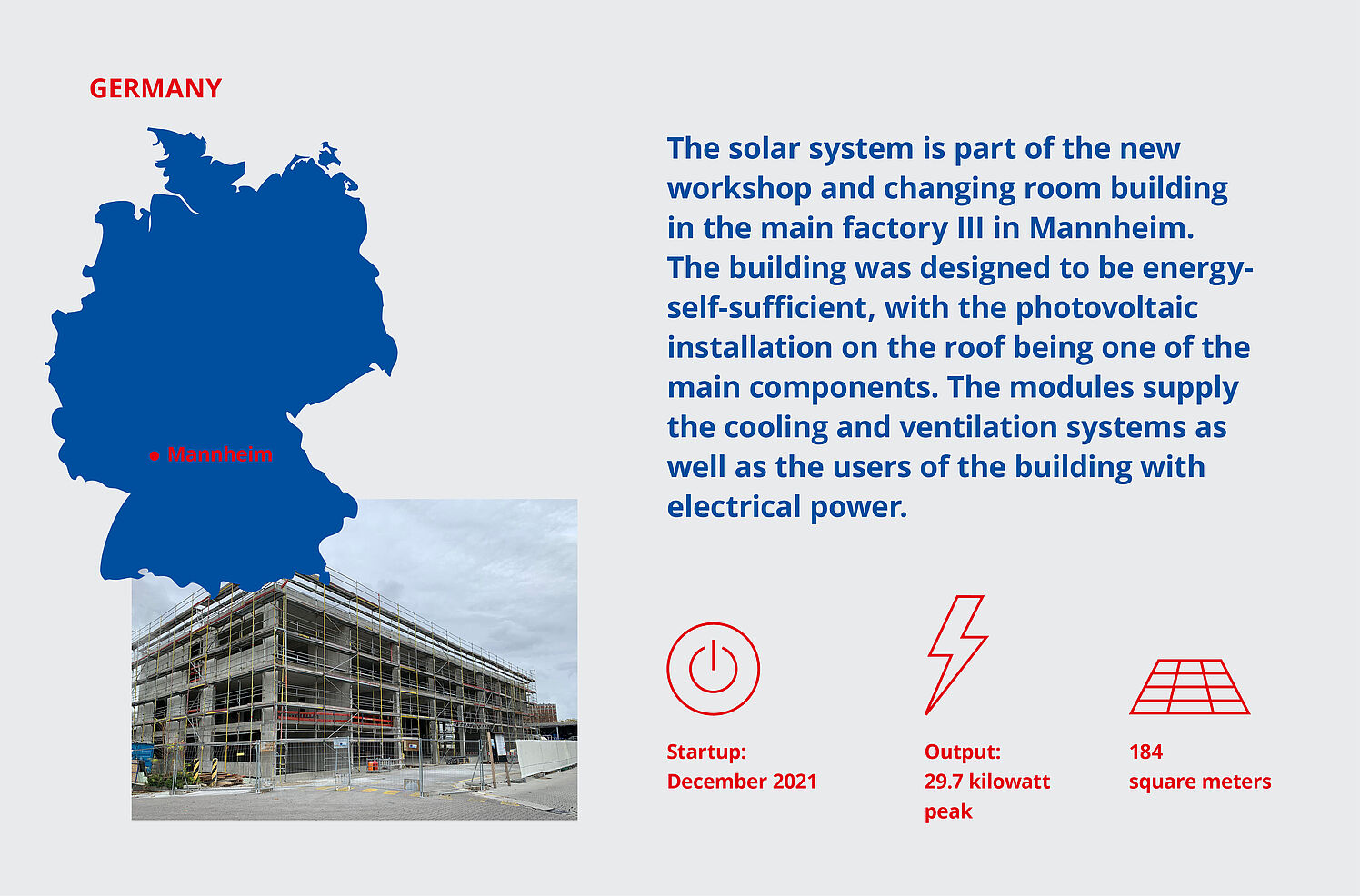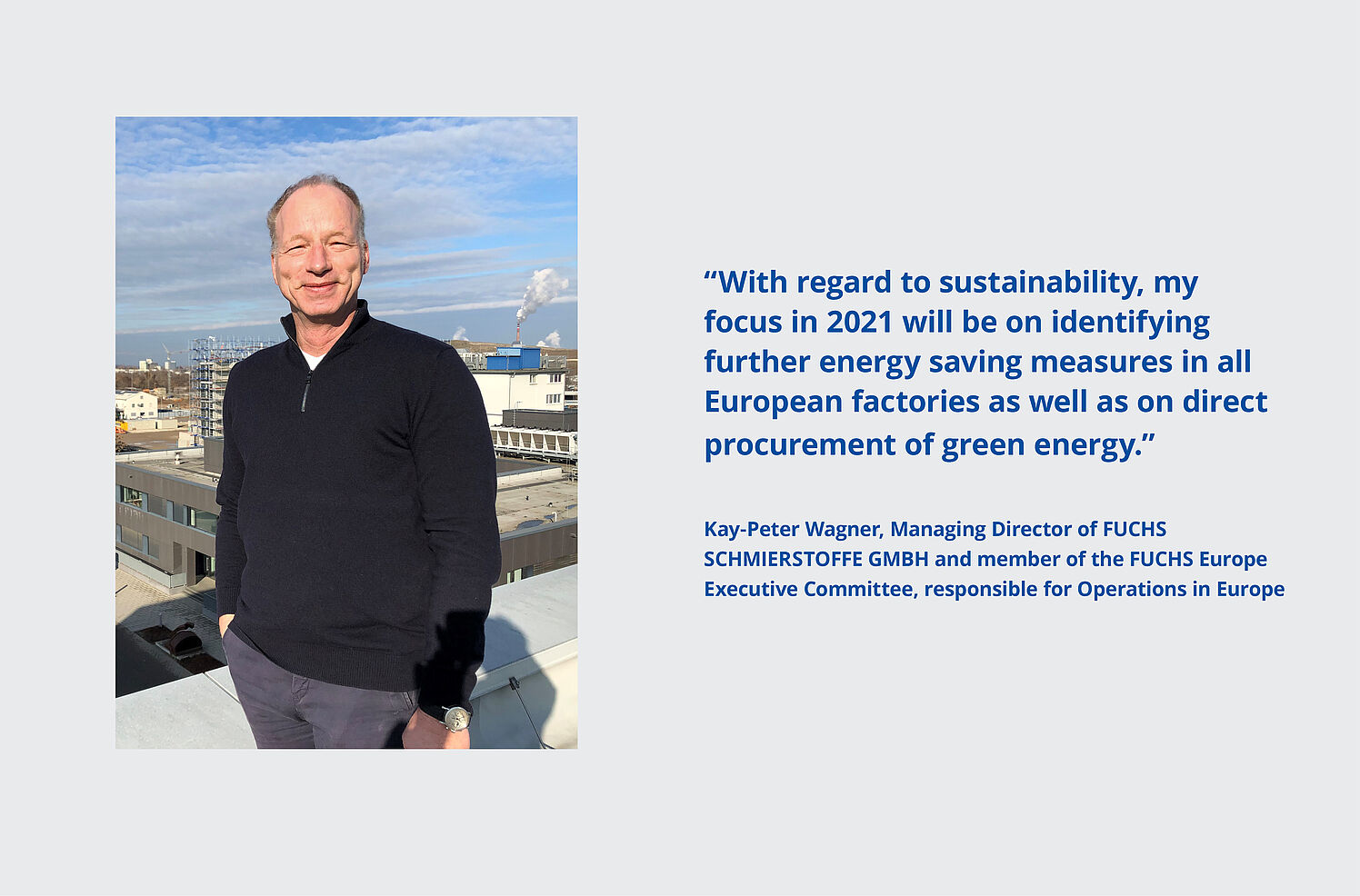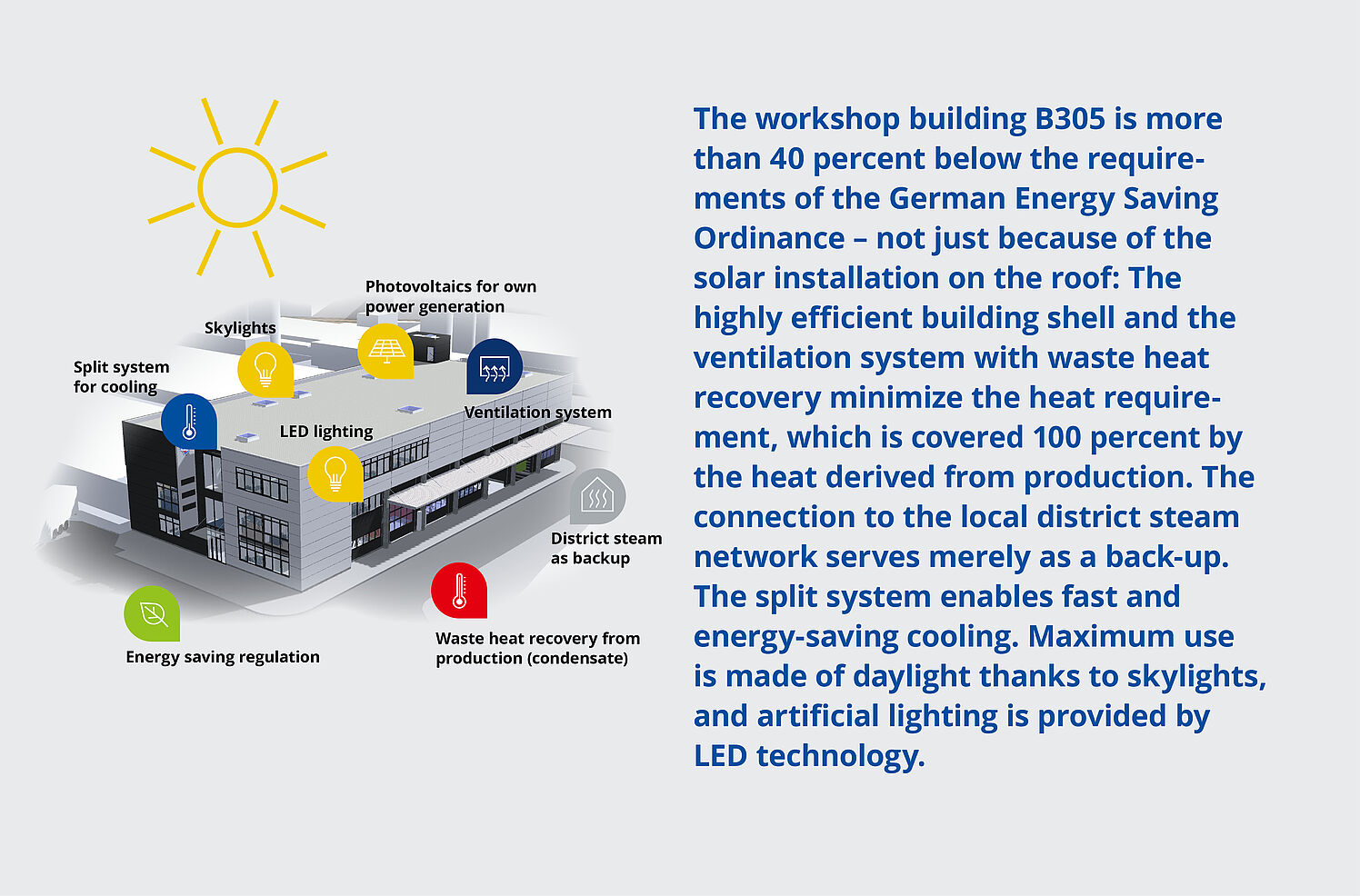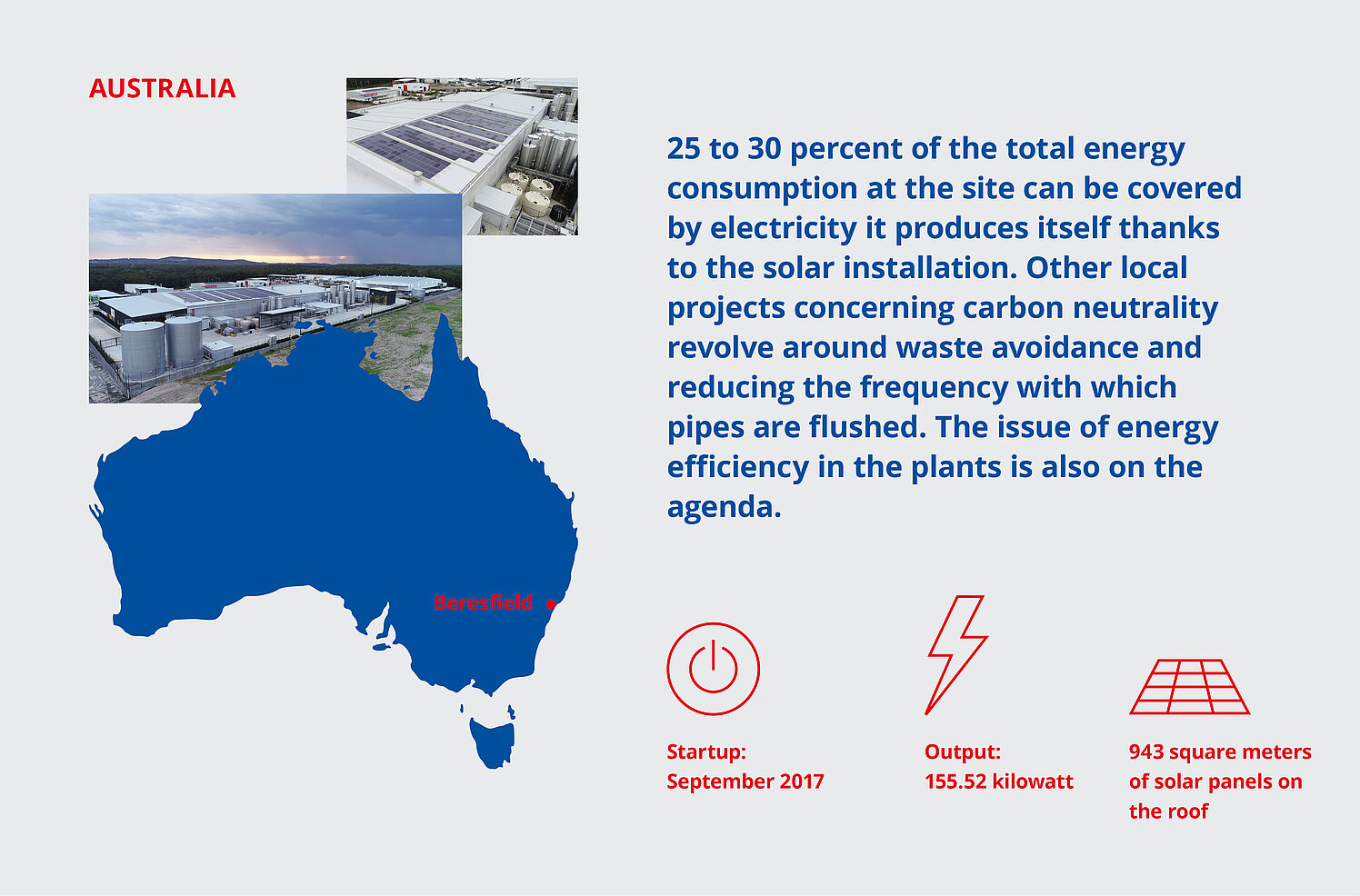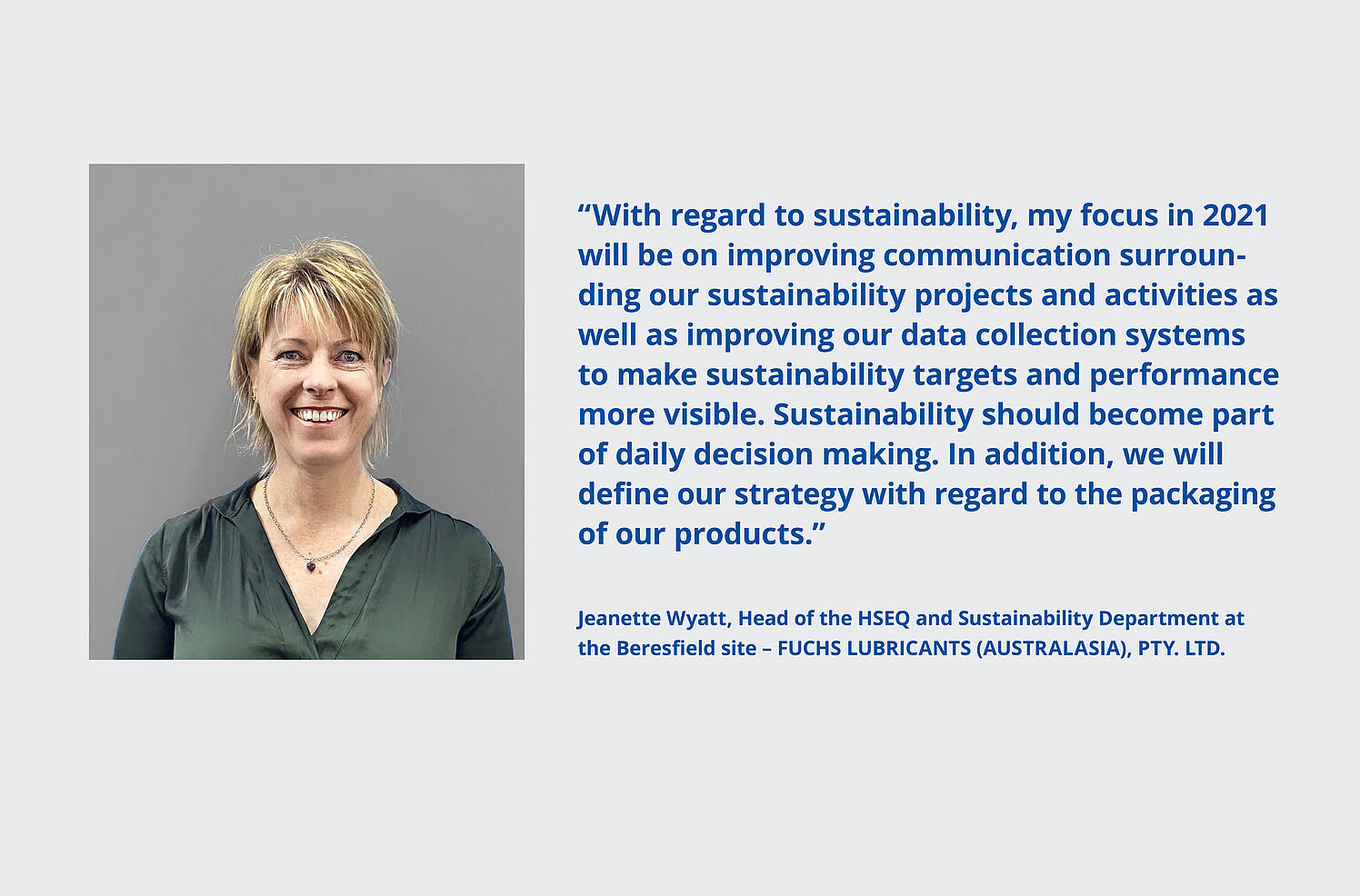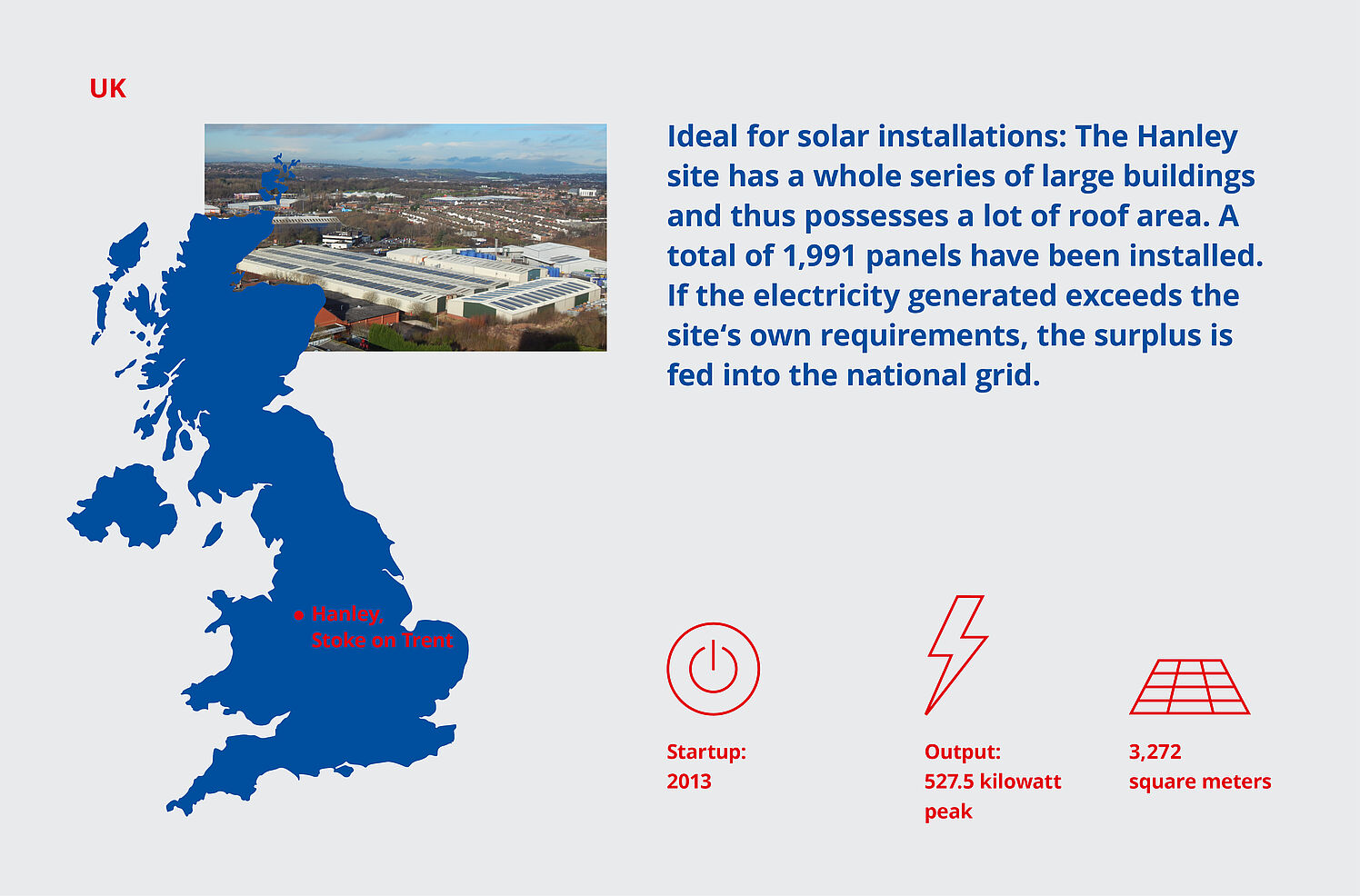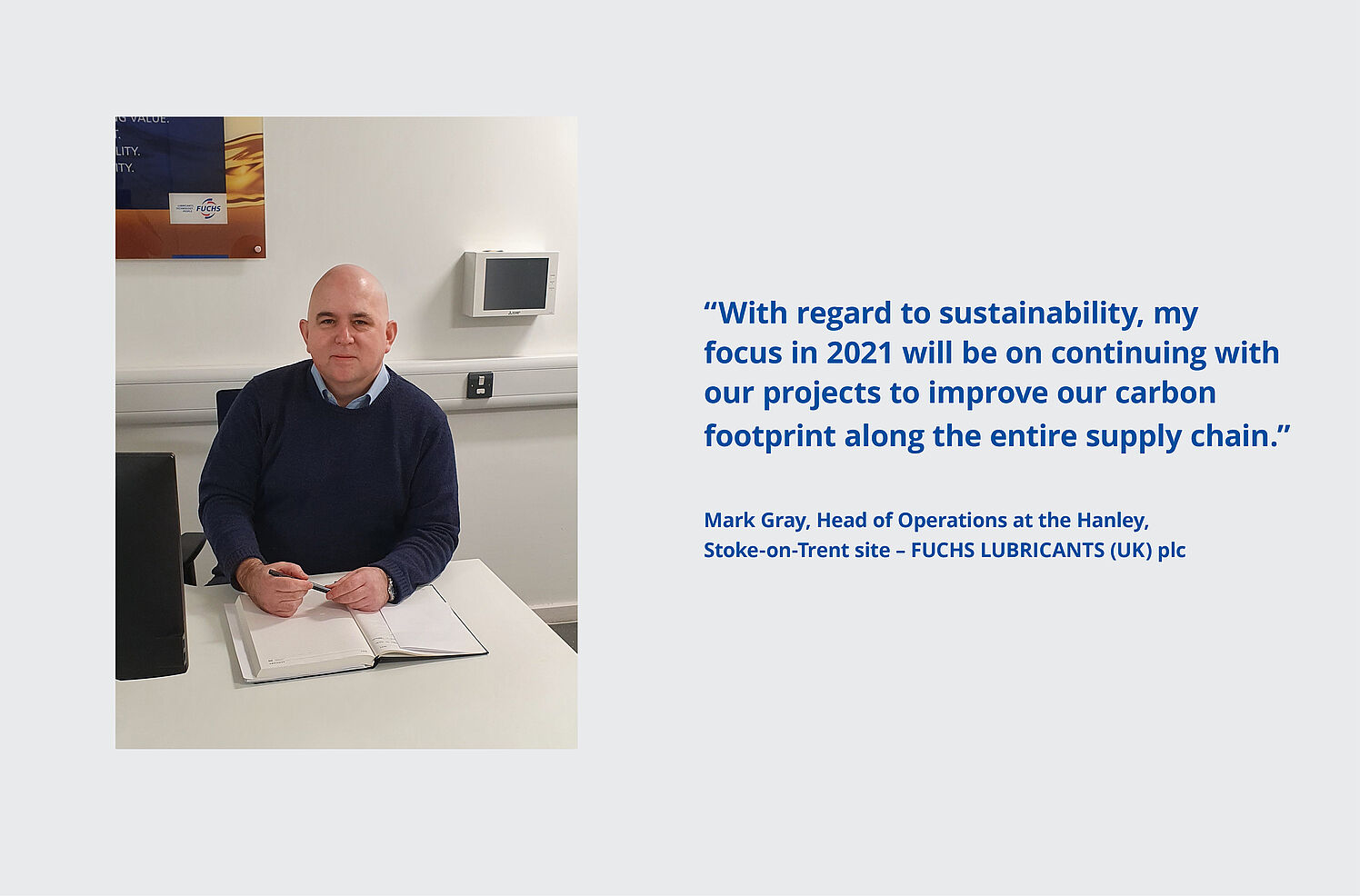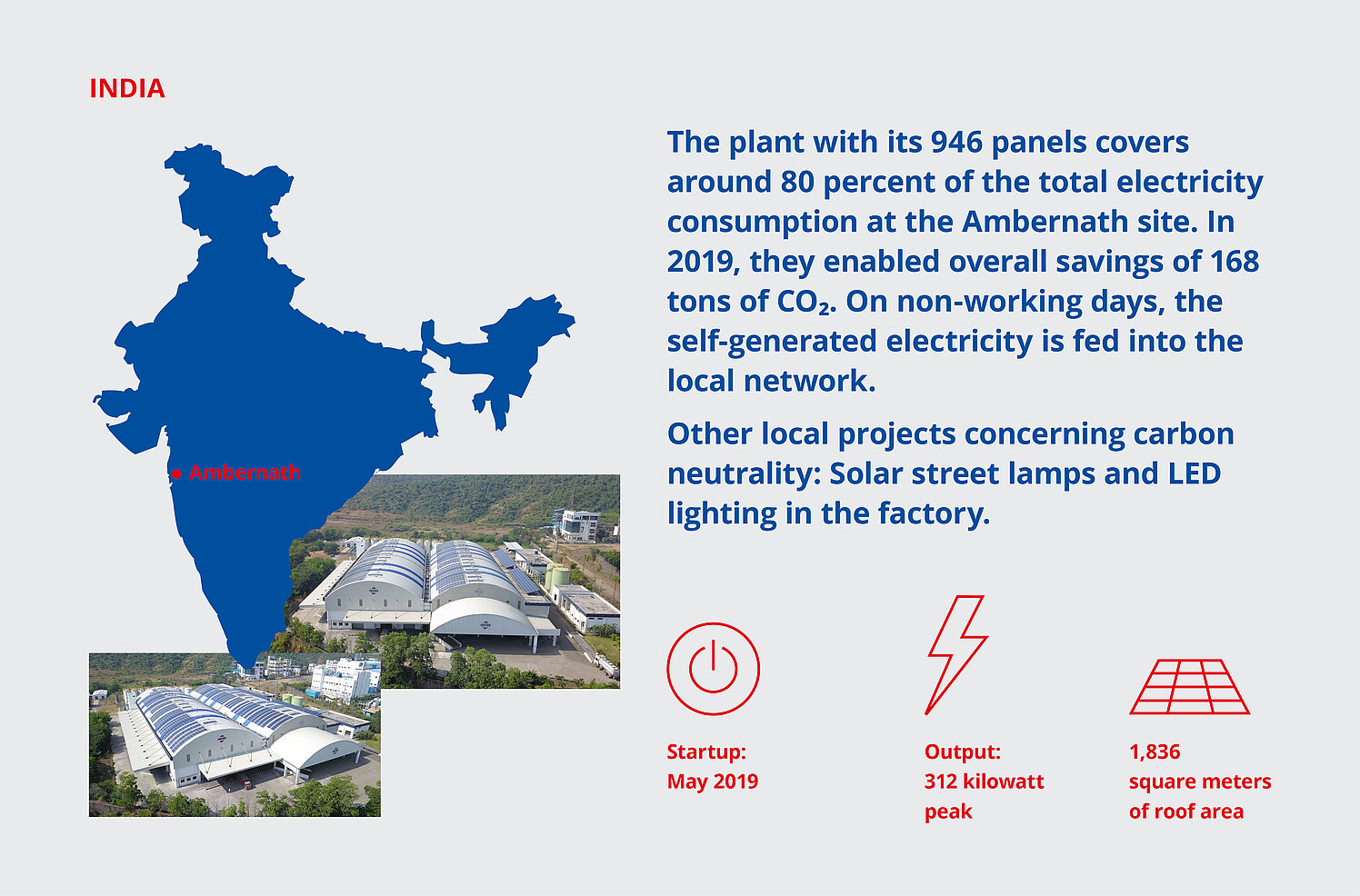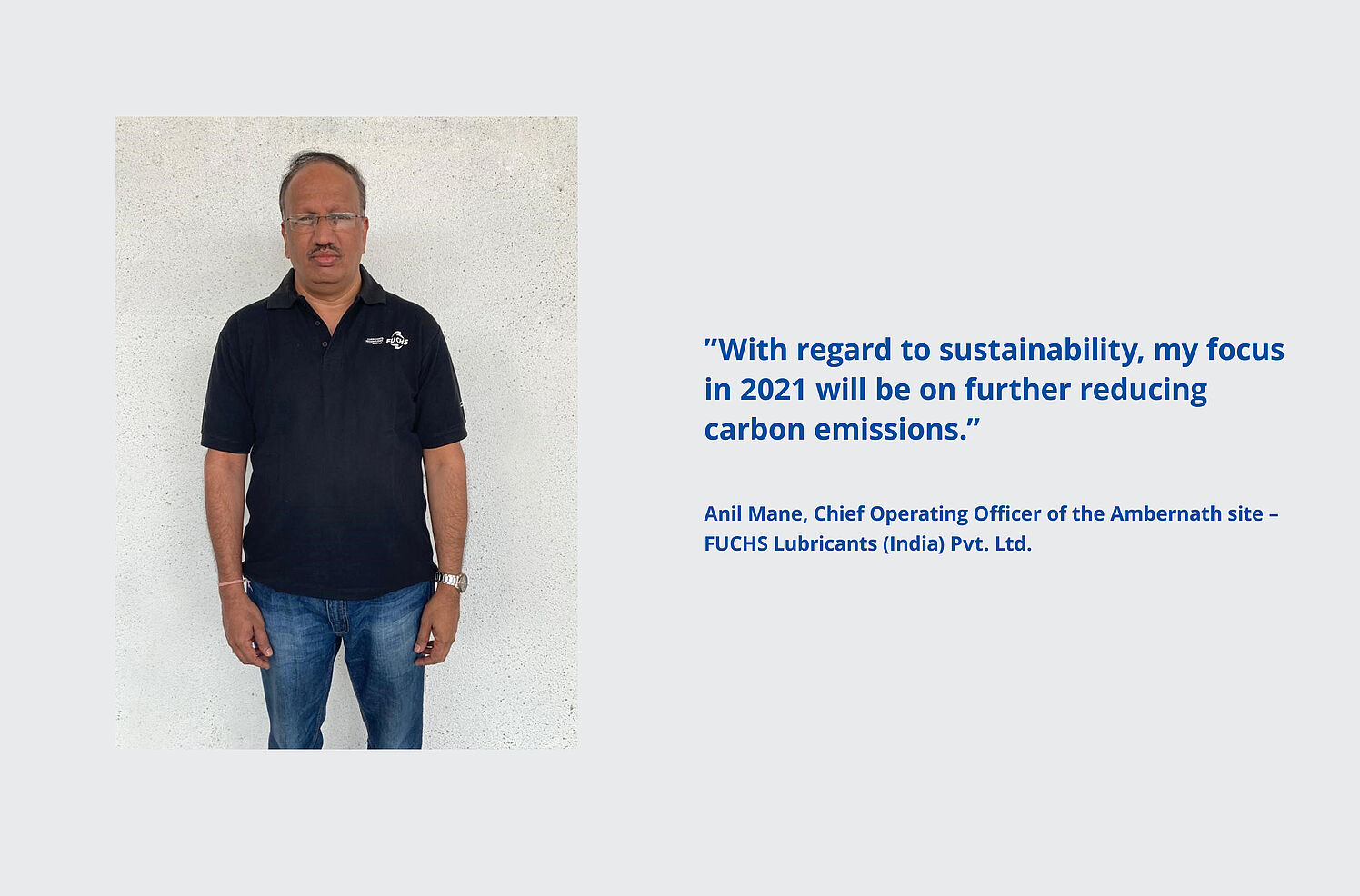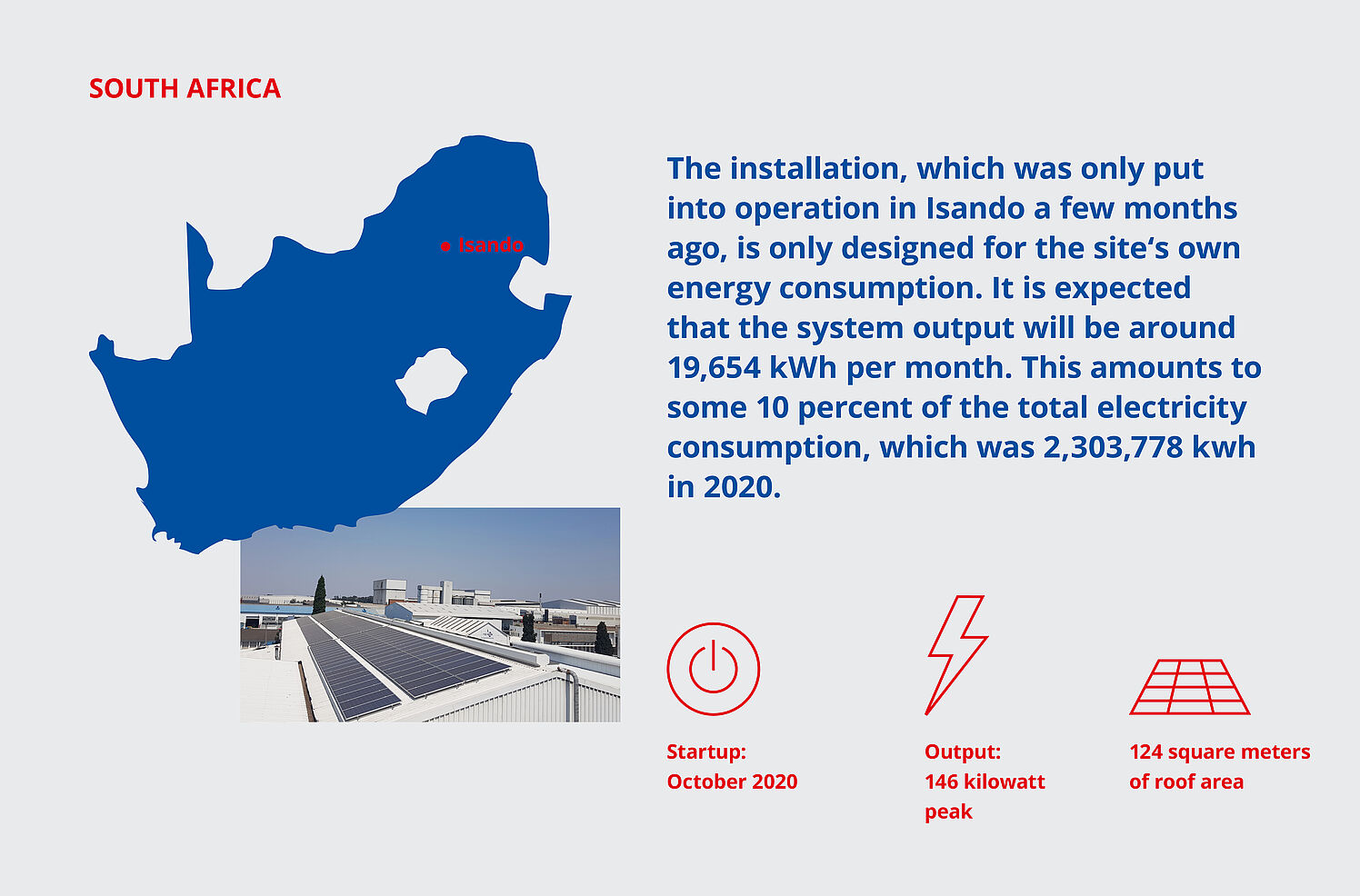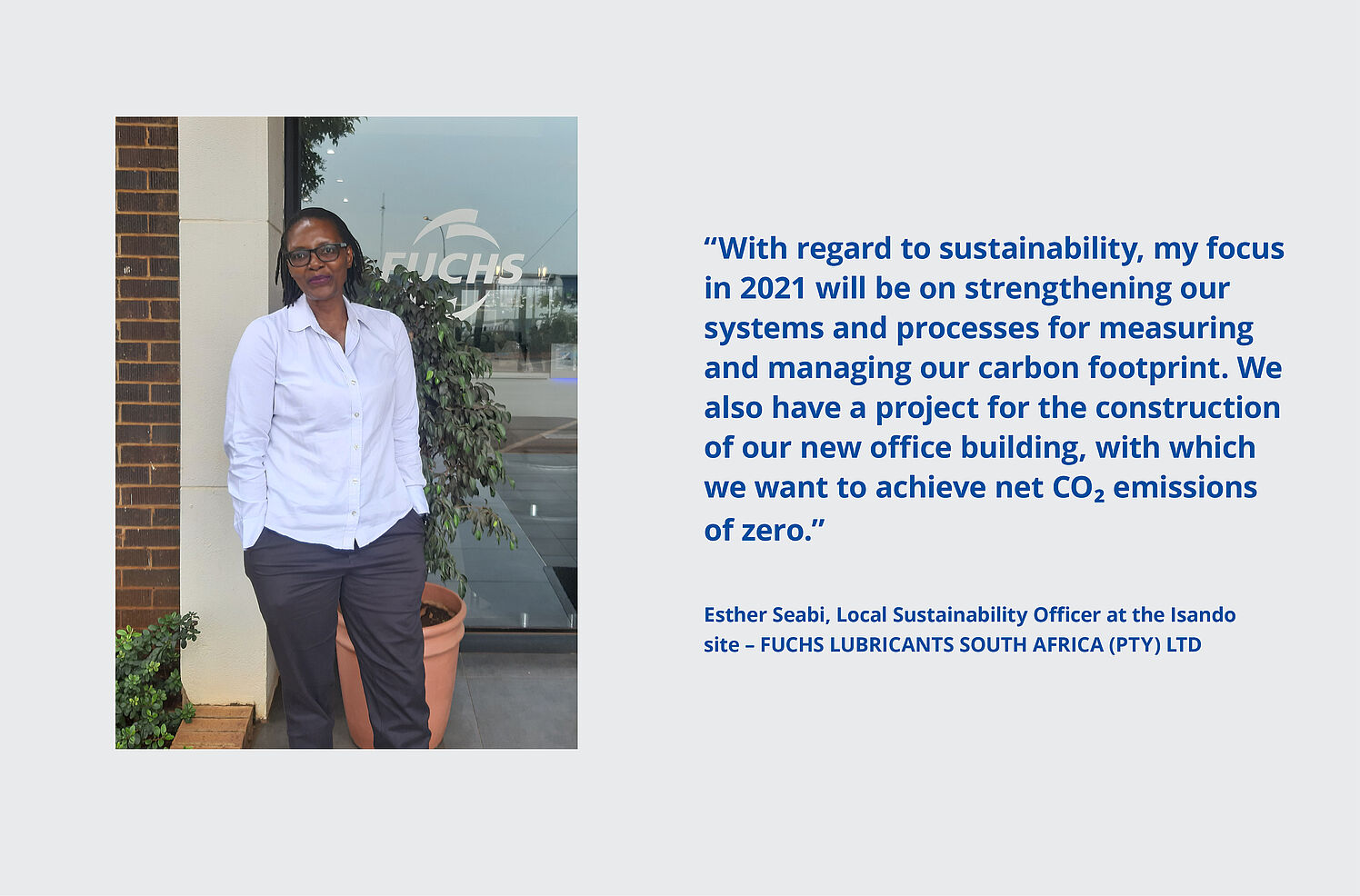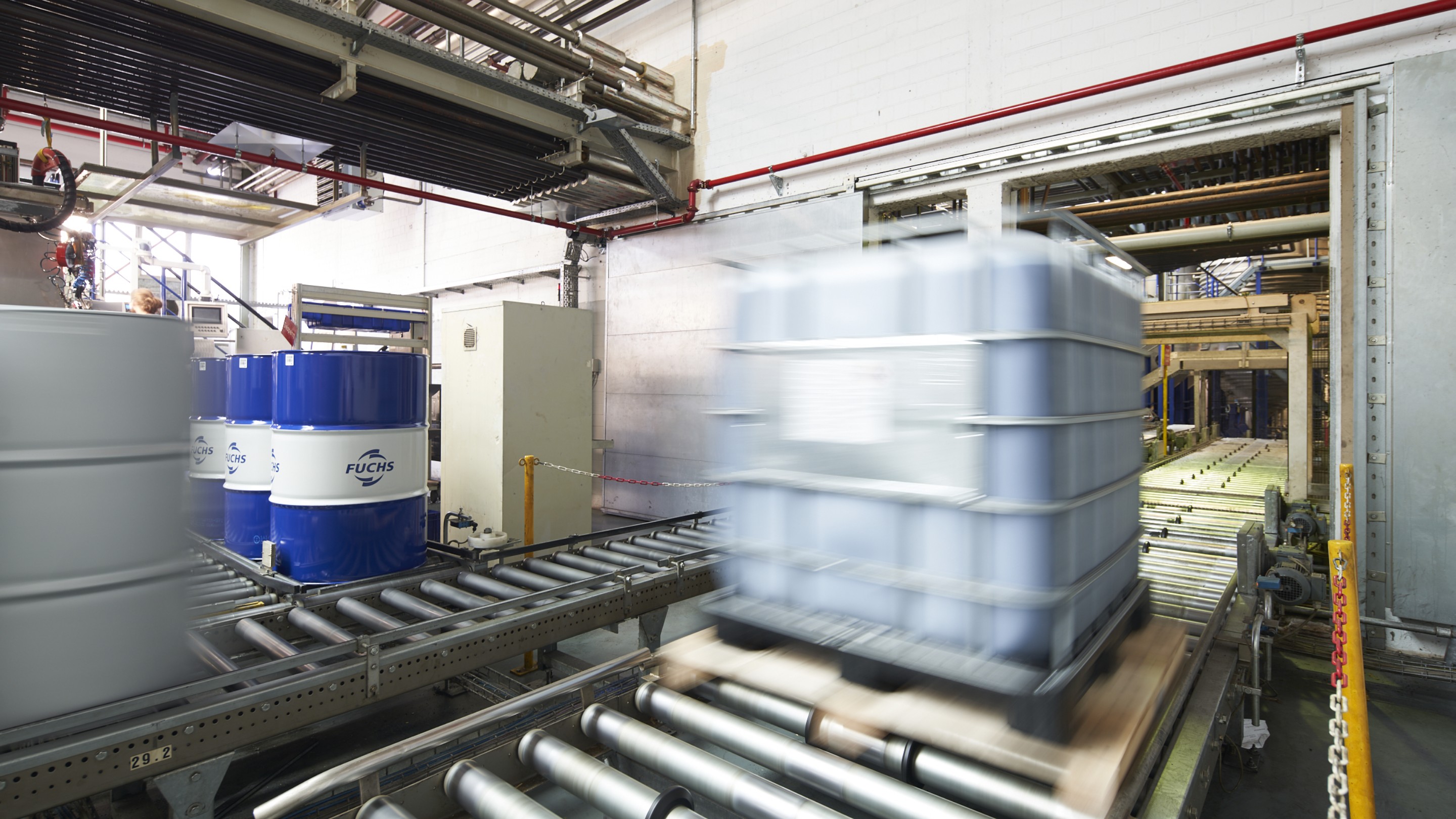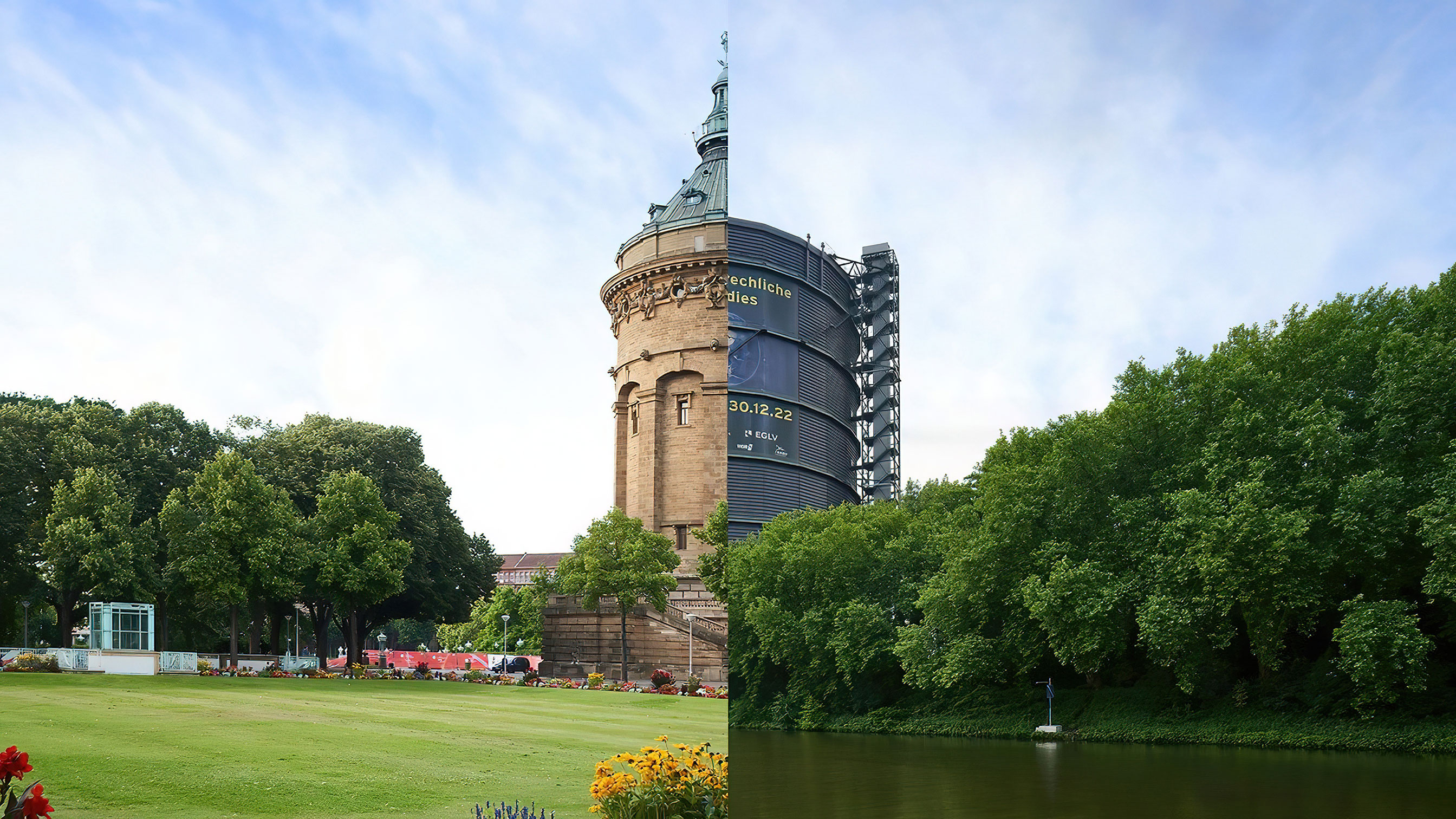FUCHS has been producing lubricants of the highest quality for 90 years. But now, some sites are producing something completely different: electricity. This is not just good for the environment. It also shows how FUCHS thinks, as entrepreneurial spirit and willingness to get started are deeply embedded in the group's DNA.
It is located around 150 million kilometers from Earth and yet its rays form the basis of life on our planet. The power of the Sun is tremendous – and it's precisely this power which is an important factor in FUCHS' sustainability strategy. For the largest independent lubricant producer in the world has been a carbon-neutral company on the balance sheet since 2020. One of the most important levers for reducing carbon emissions is the purchase or production of electricity – in which FUCHS is increasingly opting for renewable sources.
Producing energy ourselves
”Energy consumption generates almost half of our carbon footprint – either through direct emissions generated by our vehicle fleet or the use of fuels for heating, for example, or through indirect energy-related emissions, such as purchasing electricity,” explains Markus Garb, Vice President Sustainability at FUCHS. ”We do want to reduce our emissions further though and decrease our level of compensation payments. That's why we constantly analyze, control, and reduce our energy consumption.” The company's own energy production plays a major role in this. For if FUCHS could manage to generate part of its power itself and on the basis of renewable energies, then this consumption would be climate-neutral with regard to the carbon footprint. ”That is our path for the future,” explains Garb: ”This approach is far more effective than compensating for emissions retroactively by investing in climate protection projects.”
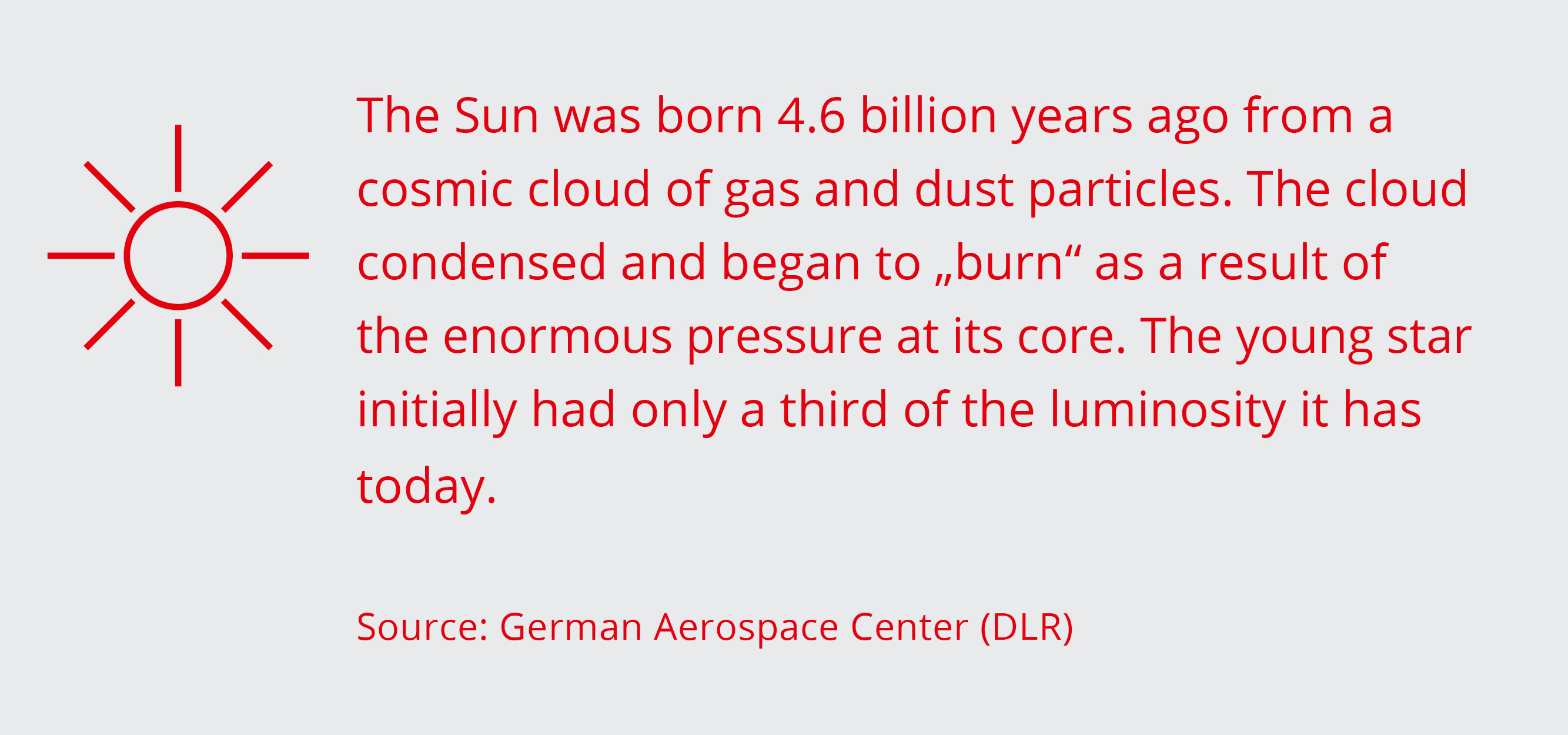
The international lubricant producer has a clear advantage over many other companies in terms of electricity production: FUCHS operates many factories and warehouses with a lot of roof area around the world. While others invest in setting up their own wind parks, FUCHS can use the surfaces it has for building solar systems. That's exactly what is currently happening at the Spanish site in Castellbisbal. An installation covering 1,650 square meters with an installed power of 335 kilowatt peak is being built on the roofs of several warehouses.
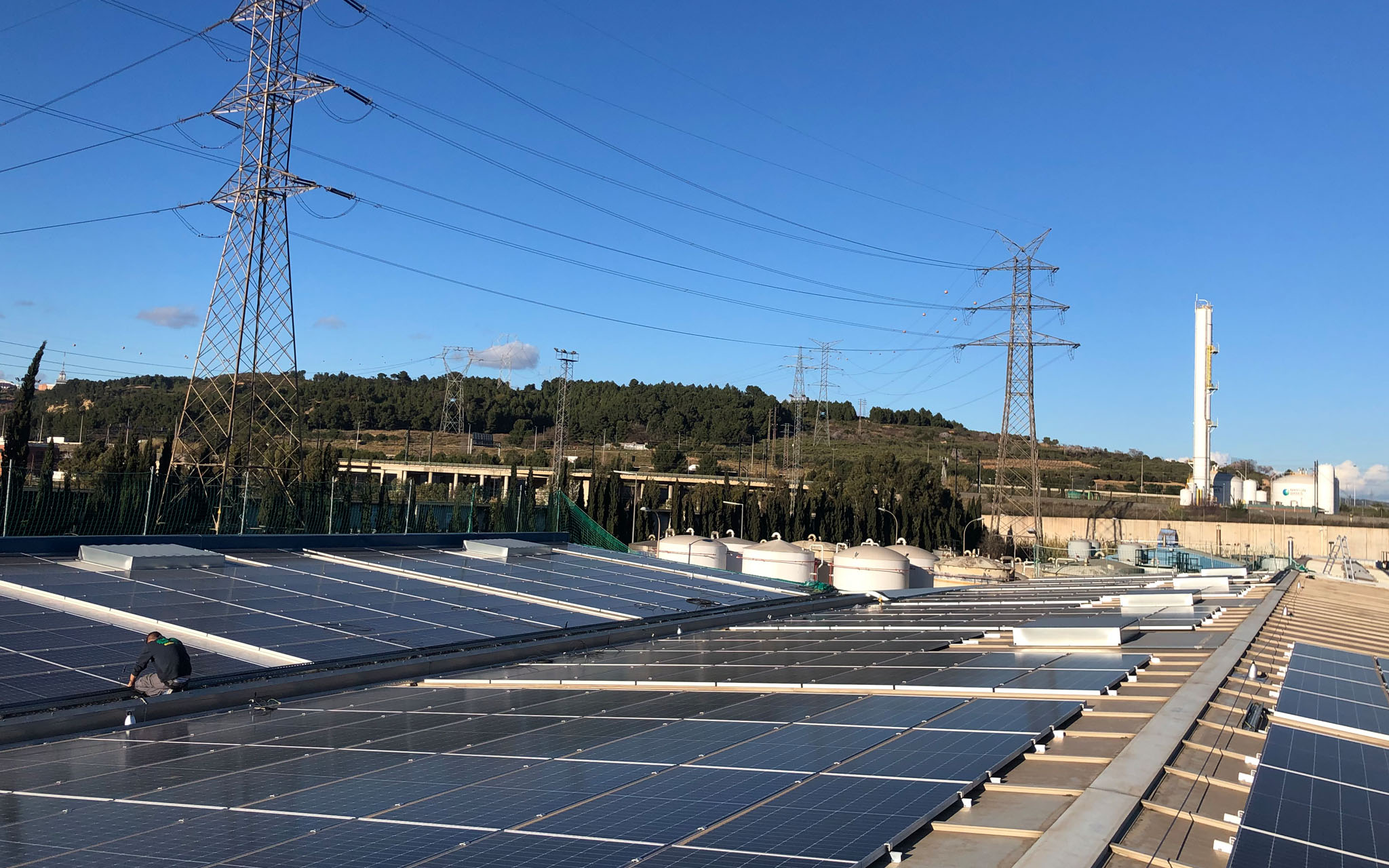
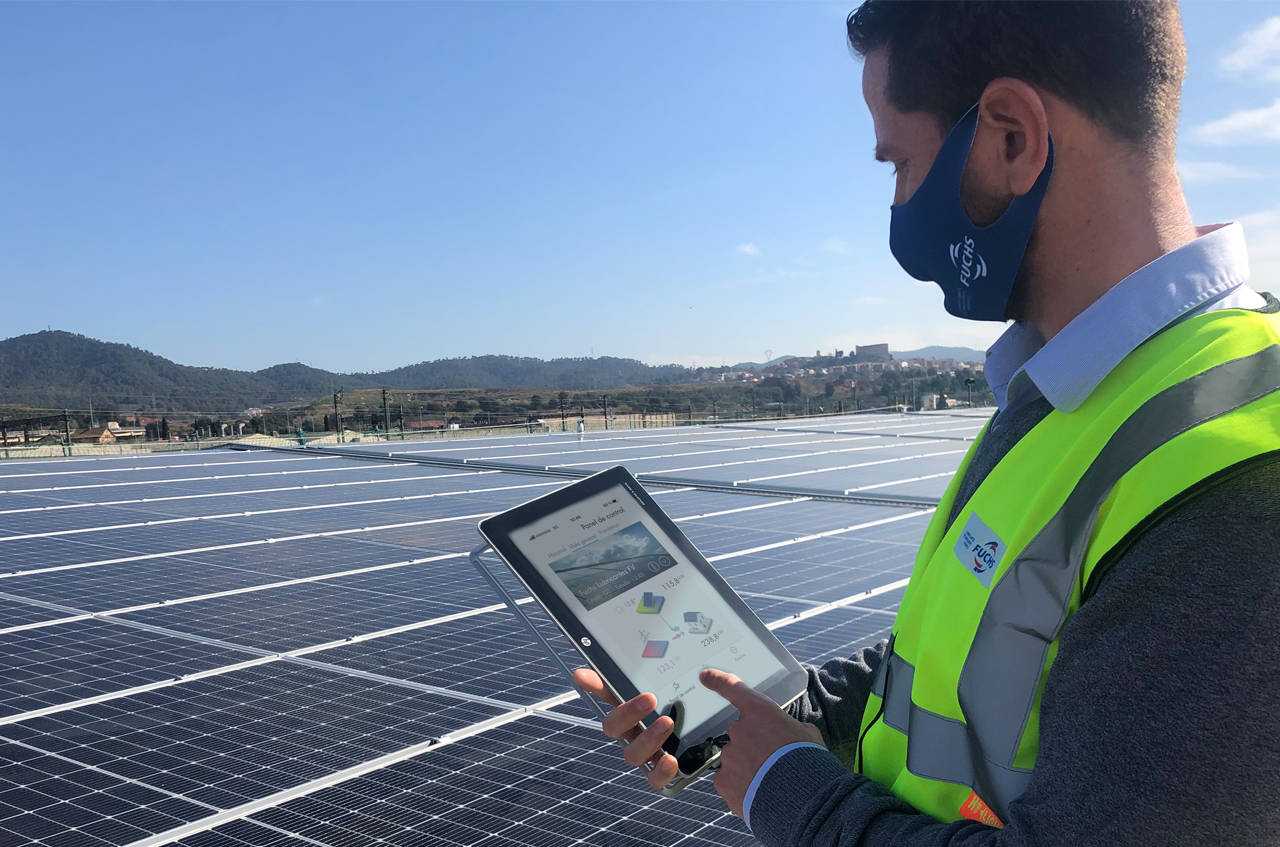
The employees at the Castellbisbal site created a solar installation from building blocks in a workshop – their idea has become reality, as the pictures of the almost completed "real" installation show. Here we see José Manuel Pinto, Head of Engineering at FUCHS LUBRICANTES, inspecting the system.

Capacity will be expanded by 2022
”We will be able to cover around 43 percent of our annual power consumption with this system,” reports Eladio Cuadrado, Managing Director of FUCHS LUBRICANTES S.A.U. The company also draws the remaining power it needs from renewable sources, as it switched from a conventional provider to a green electricity provider in October last year. Even though the solar installation is brand new, he and his team already have plans for the future: ”Initially we only want to use the electricity for our own consumption, getting to know the system and familiarizing ourselves with the surplus generated in the first year. Our aim, however, is to expand capacities and start on a second installation by 2022. We could then conceivably sell the surplus generated and feed it into the local network. However, there are many regulatory requirements that need to be taken into account if a company suddenly becomes an electricity provider,” says Cuadrado, who is currently having staff in the areas of technology and maintenance trained to properly monitor the electricity production. Specialized service partners will take over the most important maintenance tasks, such as cleaning and thermographic monitoring of the panels.
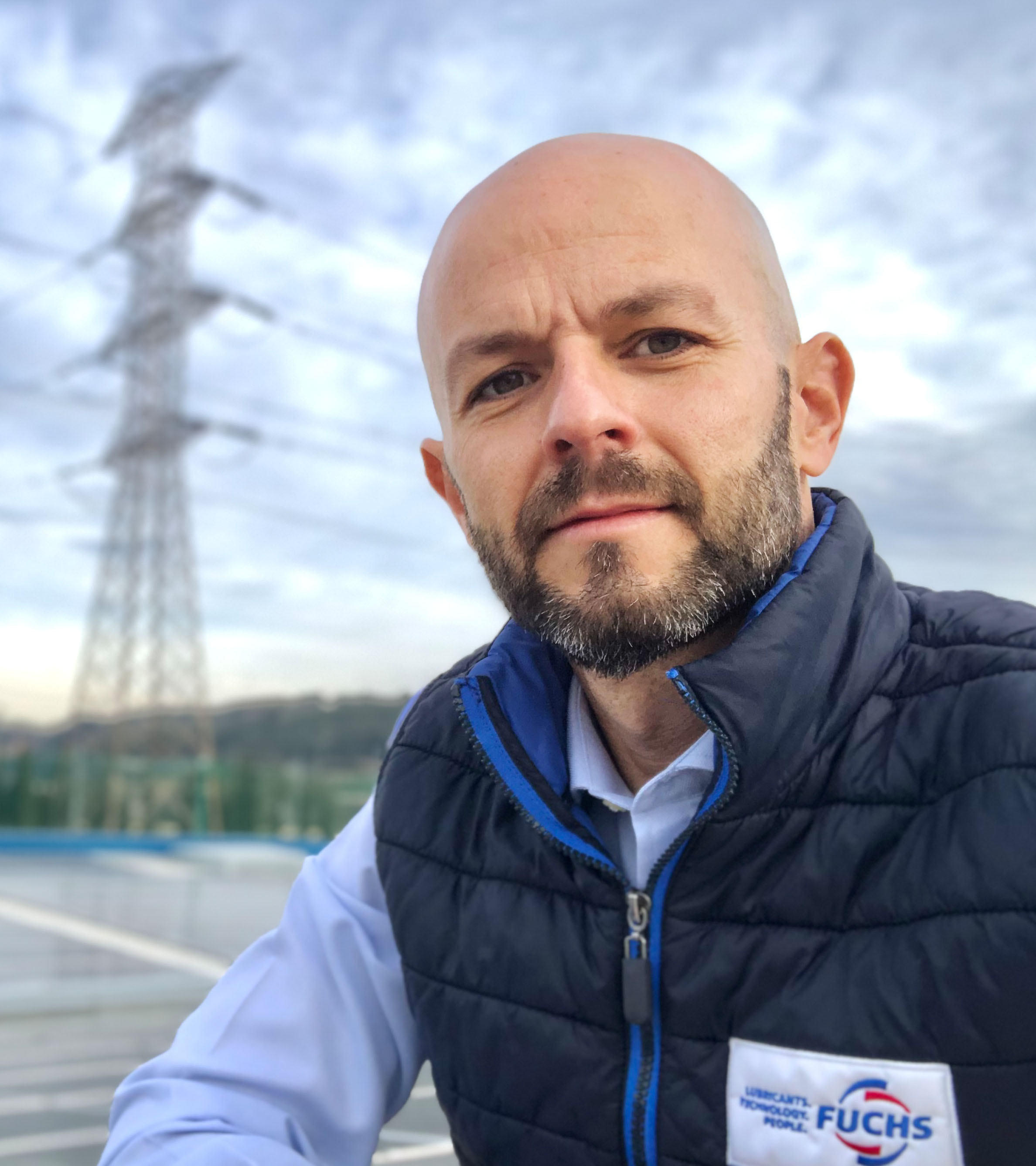
“We will be able to cover around 43 percent of our annual power consumption with the new solar system.”
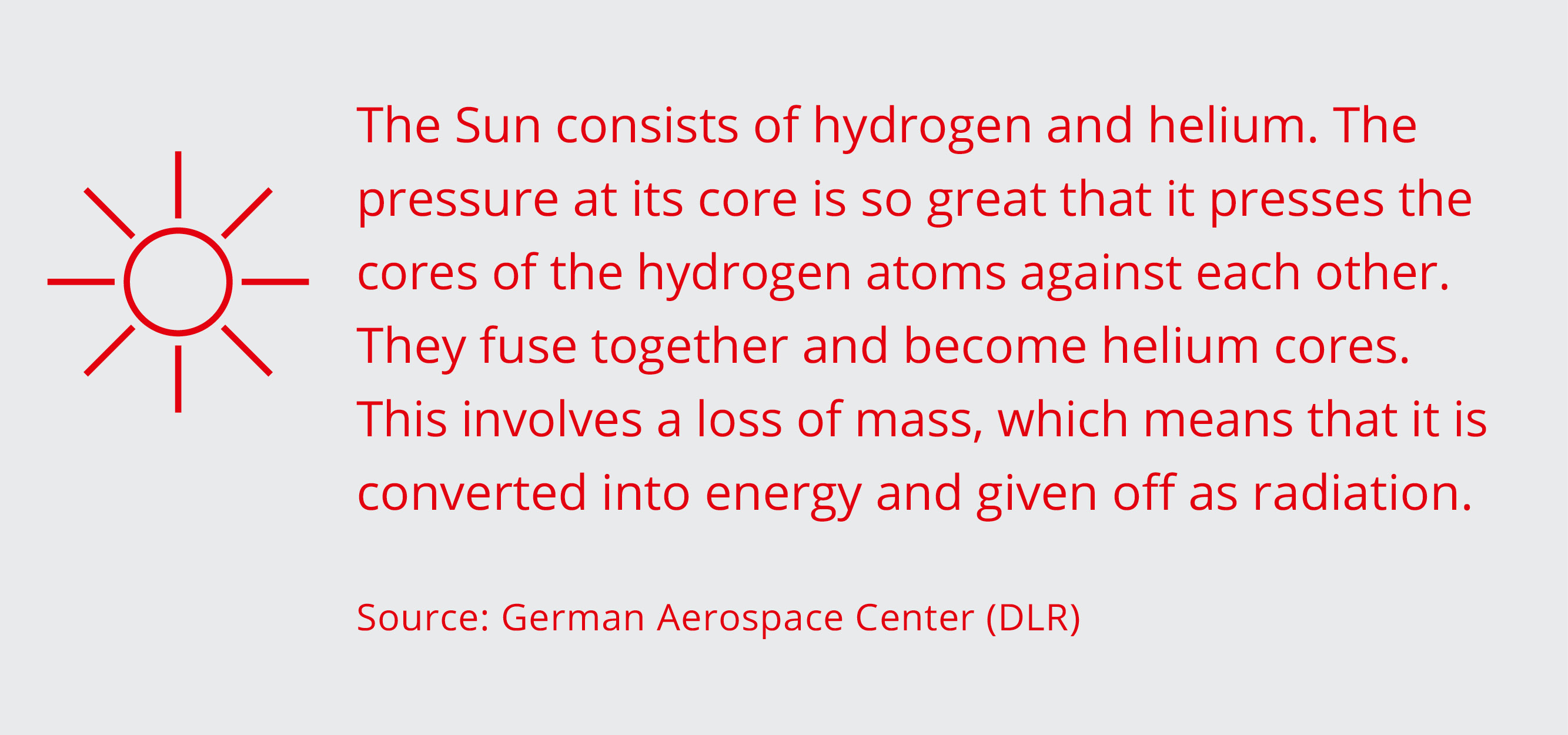
For Cuadrado, the focus on green electricity, in particular solar power, is only logical. Spain is a country that gets a lot of sun all year round. That's one of the reasons why his employees have been suggesting taking this path since the Sustainability Office was founded a good ten years ago. They are proud that this initiative has now been implemented and they have contributed to a more sustainable future. ”Fortunately, the legal situation in Spain changed two or three years ago. It is now possible and even attractive for industrial companies to invest in projects like such a solar installation, finds Cuadrado. Irrespective of this, environmental aspects are becoming ever more significant for many customers. They expect sustainable methods of operation and products from their partners.
Sustainability is more than a trend
For Garb, the situation is clear: ”We are currently undergoing a transformation process. The switchover to a more sustainable operating and business concept is decisive for our future.” FUCHS is putting a lot of energy into sustainability activities, where a holistic approach is important (see info box). The group wishes to act as a responsible corporate citizen and contribute to the sustainable transformation in the countries and neighborhoods it works in.
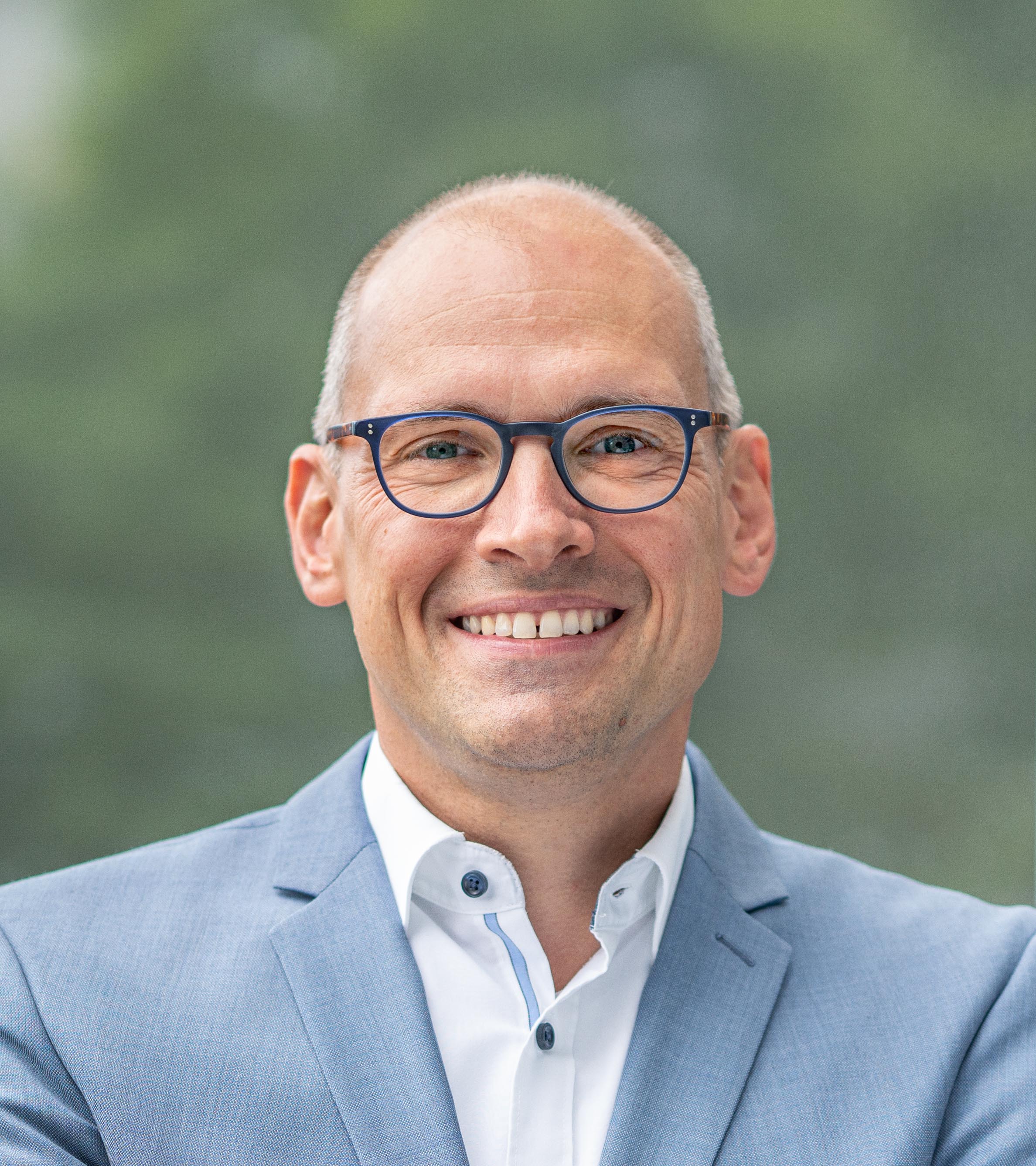
“We are currently undergoing a transformation process. The switchover to a more sustainable operating and business concept is decisive for our future.”
According to Garb, the Spanish colleagues form the perfect example for a way of thinking that is typical of the FUCHS family: ”We aren't sitting in Mannheim in an ivory tower of sustainability, giving orders. Each site, each employee can and should do what they can to get involved in attaining our shared goal.” It is precisely this spirit, this willingness to get started that is anchored in the genes of the company. Not every subsidiary will be in a position in the short term to cover its own energy requirements itself, either in whole or in part. The non-producing units often do not even own the buildings in which they work, and couldn't therefore build their own solar installations like their Spanish coworkers. But there are alternatives: ”We motivate our subsidiaries to switch to electricity from renewable sources, for example,” says Garb. ”Many of them are also heavily involved in social sustainability at their locations, based on local needs. When we invest in climate protection projects to compensate for our unavoidable emissions, we primarily select projects that serve environmental goals, the reduction or avoidance of carbon emissions as well as social purposes.”
> see also ”A small stove with a big impact”
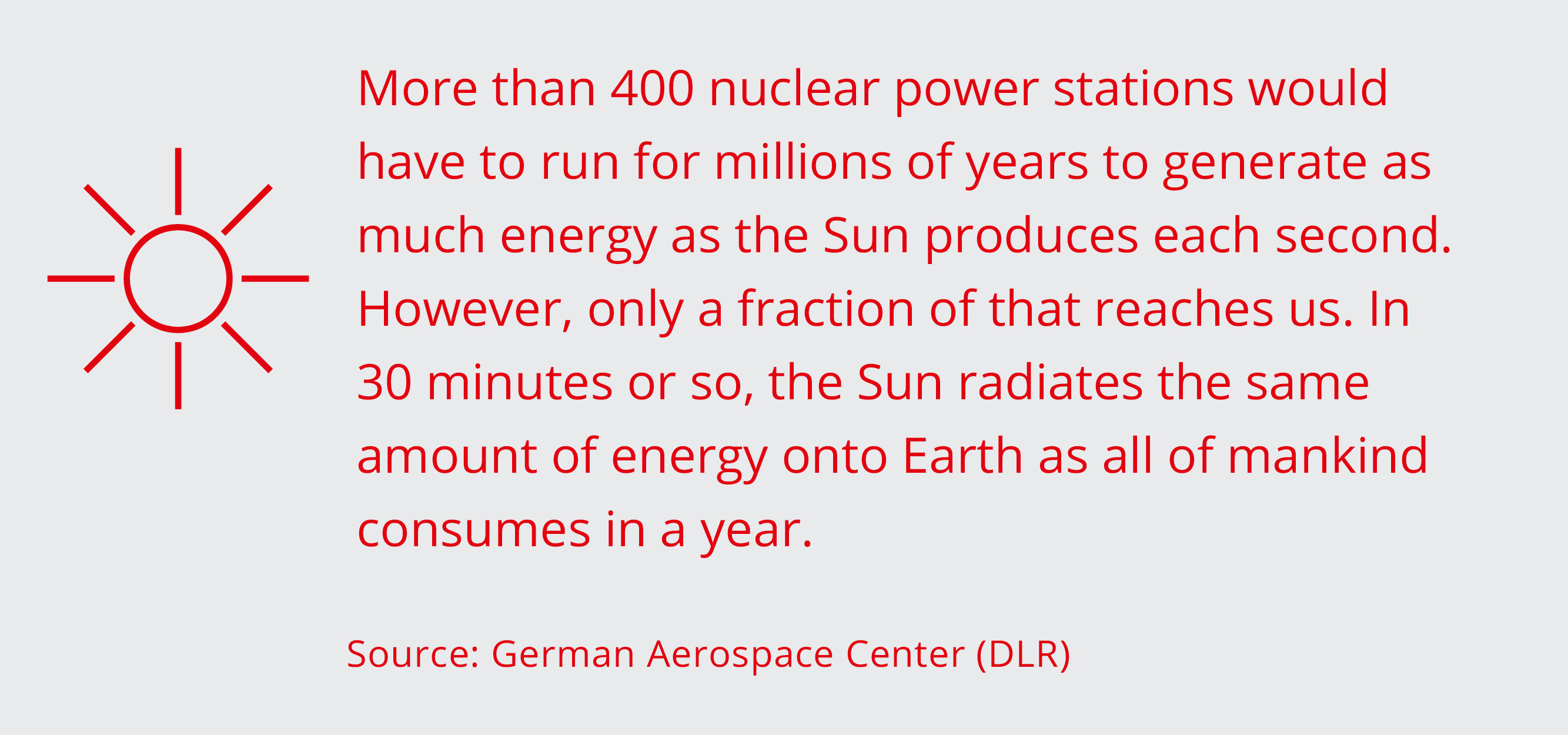
Garb does not consider sustainability to be a passing trend. Climate change is without question one of the most important tasks of our time – for governments, individuals, and of course for companies. Working to serve the environment and taking responsibility as a global player in economic, environmental, and social terms is a central issue for FUCHS – and not just when the Sun shines.
FUCHS Neutrality Strategy
Since 2020, FUCHS has been returning a carbon-neutral balance sheet worldwide on a gate-to-gate scale – from energy consumption in production to consumables in administration. By 2025, the group is set to become carbon-neutral from cradle to gate, along the entire process. This means that suppliers and their raw materials will also be included and FUCHS will be able to process more sustainable raw materials for carbon-neutral products in the future. To this end, standards are currently being developed together with partners in order to quantify and record sustainability along the entire value chain.
The Carbon Neutrality Strategy is embedded in the sustainability initiative that was started in 2010. Dr. Lutz Lindemann, CTO FUCHS PETROLUB SE, holds responsibility for the area of Sustainability within the group. The Global Sustainability Department is headed by Markus Garb as Vice President Sustainability. In addition, there is a Local Sustainability Officer (LSO) at every national unit who coordinates the implementation of the sustainability targets and activities locally.
Sunny outlook: Other solar systems in the FUCHS family
